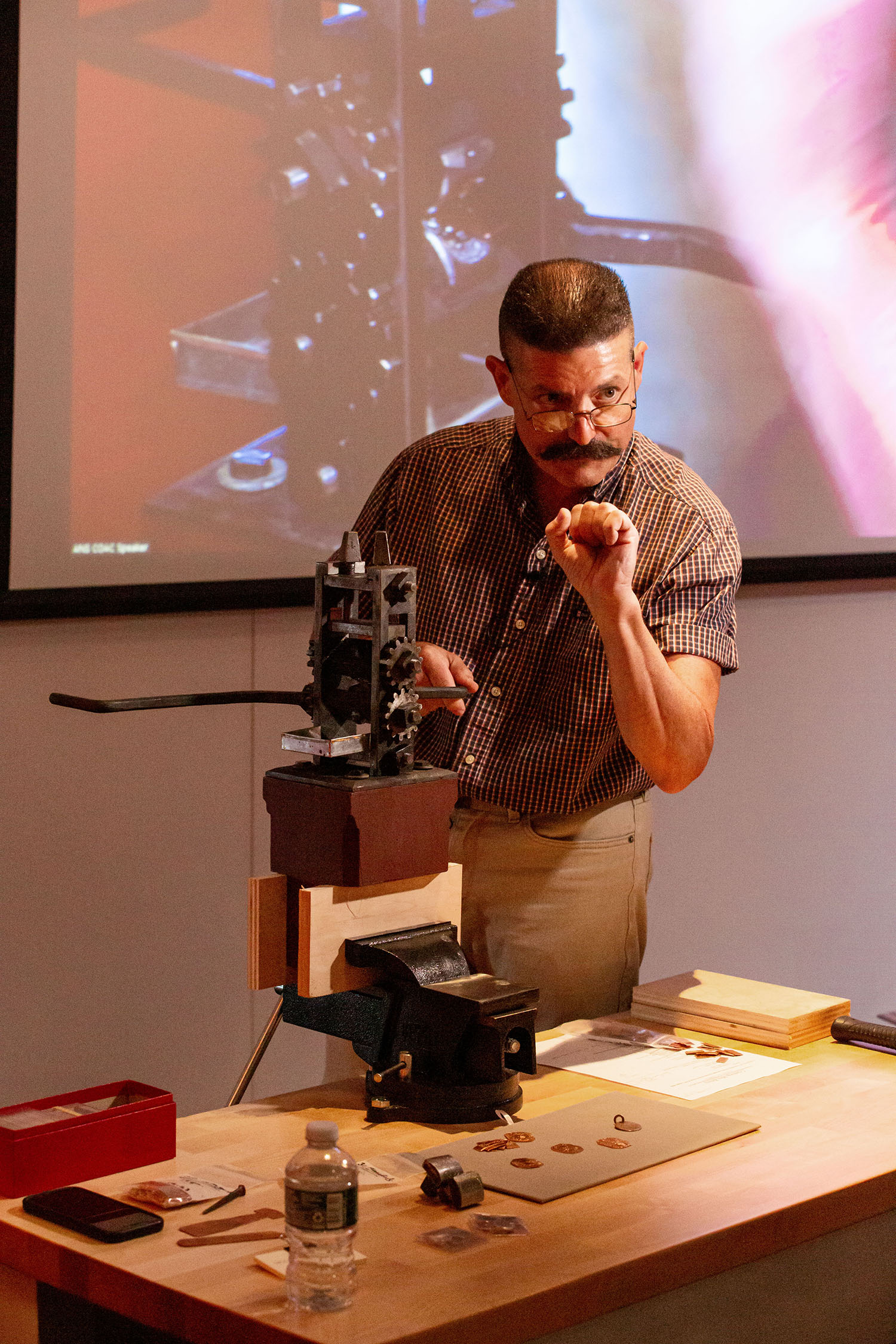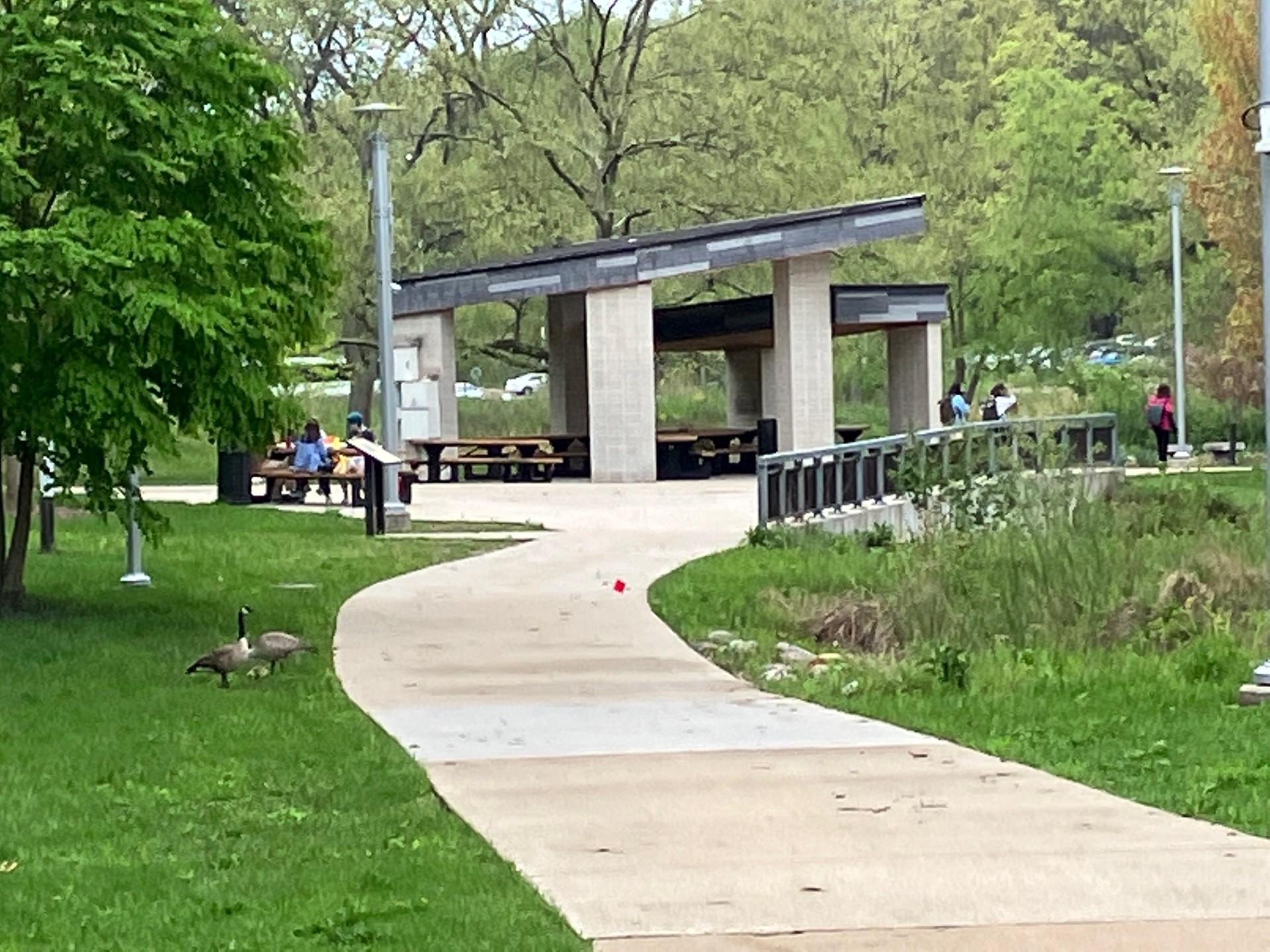Virtual Conference on the Witschonke Collection

Coinage of the Roman Provinces before Provincial Coinage: The Richard B. Witschonke Collection
March 23–25, 2021
Co-sponsored by the American Numismatic Society and the Ph.D. Program in History at the Graduate Center, CUNY
Register by March 22
This three-day conference, co-sponsored by the ANS and the Ph.D. Program in History at the Graduate Center, CUNY, will feature contributions by the foremost scholars in the field. The papers will offer a numismatic and historical overview of each region represented by the coins in the R. B. Witschonke Collection.
It may come as a surprise to learn that as the Romans came to dominate the Mediterranean world, they ruled most of it without imposing their own coinage. Yet this was typical of the Romans’ pragmatic attitude to imperialism, and their tendency to retain any existing forms of effective organization in newly conquered territories. Indeed, it is now generally recognized that we should not talk of “the Roman economy” as a single phenomenon. Instead we should conceive of it as a group of substantially separate regional economies that were yet strongly interconnected through tribute payments and the movements of armies and goods. Although payment in kind played an important role in the Roman world, coinage was still paramount in transactions between the provinces and Rome. To understand those interactions, it is thus important to research the manifold ways in which local coinages converged, at least partly, to create compatible monetary systems across the Roman Empire.
The Roman Provincial Coinage series offers an incomparable tool for the study of the coinages issued in the Roman provinces and client kingdoms from the age of the Civil Wars onward, but does not include the local production in those regions in the preceding decades. The 4,000 coins included in the R. B. Witschonke Collection at the ANS, mainly dating from the second and the first century BCE, provide the prologue to the study of Roman Provincial coinage. Most of the specimens are of great historical and numismatic value, as they illustrate the gradual transition from distinct to compatible monetary systems in the Mediterranean basin. While exhibiting an extraordinary variety in appearance and weight, the coins of the collection tell the tale of a partial convergence toward the Roman monetary system before the inception of the so-called Roman Provincial coinage in the second half of the first century BCE. The ways in which this convergence took place are manifold, spanning from imitations of Roman Republican denarii from Romania and Gaul to the lead tokens of Spain, from Aesillas’ tetradrachms in Macedonia to the Romano-Sicilian coins in Sicily, local coinages and pseudo-mints in Central and Southern Italy. The collection thus offers a unique overview of the diverse ways in which the monetary systems of the Mediterranean basin responded to the Roman conquest in the second and early first century BCE and to the related necessity of interconnectivity.
Schedule
March 23
Chair: Andrew Meadows
Coinage in the Roman Provinces before RPC: introductory remarks
8:15–8:45 am EST Welcome and opening remarks
8:45–9:30 am EST Hidden power indeed: the surrogate coinages used by the Romans in Greece and Asia Minor (François de Callataÿ)
Roman influence on late Hellenistic coinages in the East
9:45–10:30 am EST Cistophoric Mysteries (Lucia F. Carbone)
10:30–11:15 am EST Ghosts of the Seleucid Empire in the RBW Collection (Oliver D. Hoover)
11:30 am–12:15 pm EST Some Cilician coins from R.B. Witschonke Collection at the ANS (Annalisa Polosa)
12:45–1:30 pm EST Coins of Samaria and the Decapolis (David Hendin)
March 24
Chair: Pere Pau Ripollès
Roman Magistrates on coinages issued in the Provinces of the Roman Empire
8:15–9:00 amEST Some remarks on the Roman monetary economy in Bithynia in the light of new evidence from R. B Witschonke Collection (Hale Güney)
9:00–9:45 am EST A Proconsular Bronze and the End of Atarneus (Claude Eilers)
10:00–10:45 amEST Macedonia and Thrace from the Roman invasion to the time of Augustus: the contribution of the RBW coin collection (Sophia Kremydi)
10:45–11:30 am EST Romano-Sicilian coins and other coinages of Sicily issued under Roman rule, a mirror of the formation and transformation of Rome’s first province: RBW’s legacy (Suzanne Frey-Kupper)
11:30 am–12:15 pm EST The Coinage of Copia in the RBW Collection (Euan Wall)
12:45–1:30 pm EST Mark Antony’s ‘Fleet coinage’: a survey of research (Michel Amandry)
March 25
Chair: Michel Amandry
Coinages issued under the Romans in the Western Provinces
8:15–9:00 am EST The Roman Struck Bronze Coinage of Luceria and Canusium (Andrew McCabe)
9:00–9:45 am EST Small Change in Roman Republican Coinage (Liv M. Yarrow)
10:00–10:45 am EST The impact of Roman Republican Coinage on Spanish local issues. The unofficial imitations (Pere Pau Ripollès)
10:45–11:30 am EST Two Denarius Imitations in the the RBW Collection (Phil Davis)
11:30 am–12:15 pm EST Magistrates and citizens: the coinage of Paestum in the RBW Collection (Federico Carbone)
12:45–1:30 pm EST Non-state coinages of Republican Italy (Clive Stannard)
1:30–2:00 pm EST Final Remarks and Comments




